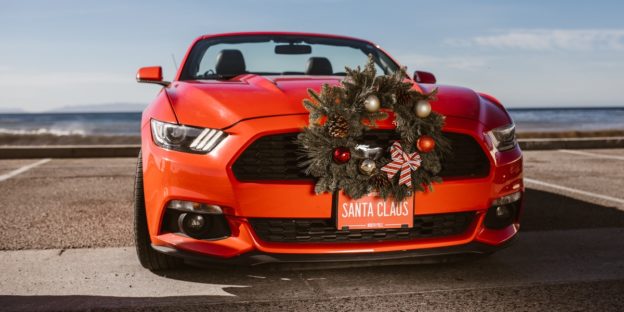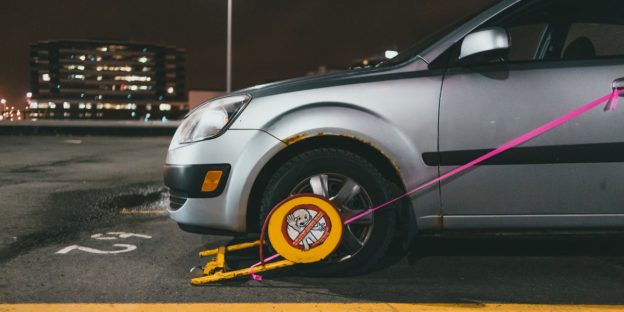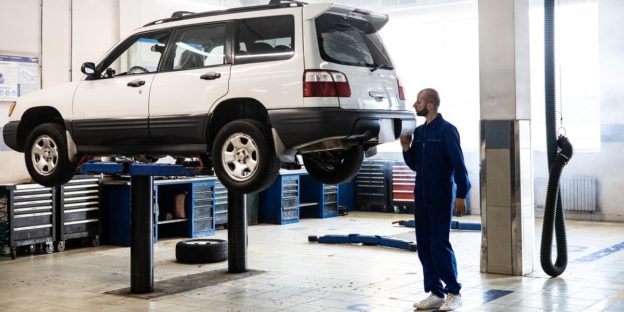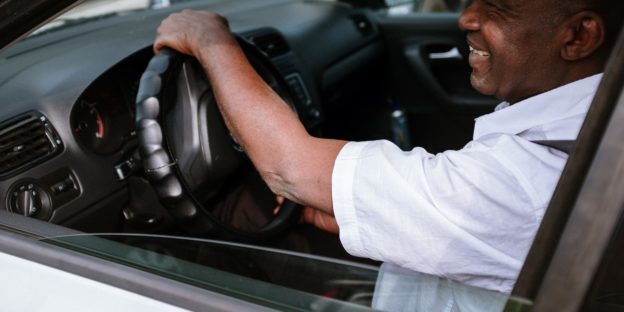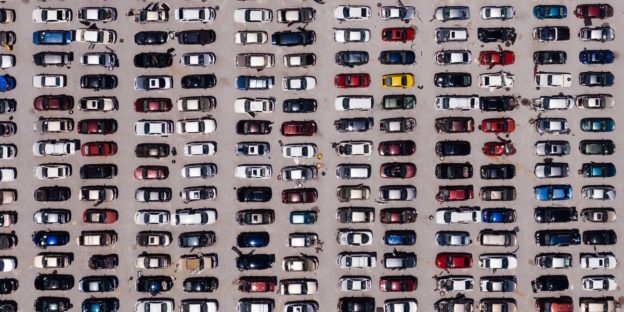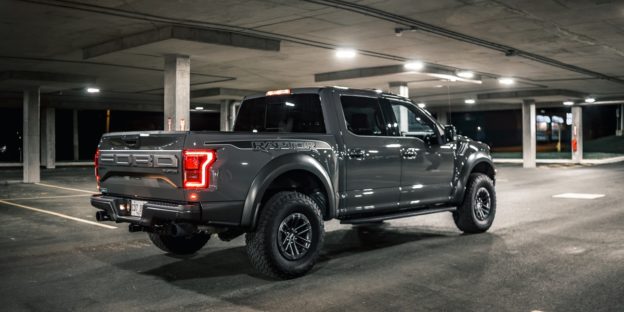If you’re looking to splurge on yourself this holiday season, a car might be just the thing! After all, you need a vehicle to get you to and from work, so it makes a practical gift. It may also be time for an update, especially if your current vehicle is lacking the latest safety features.
But is the holiday season really the best time to buy a new or used car? Or should you wait until after the holidays? Actually, you can’t go wrong with either one! Savvy car buyers know that December and January are great times to buy because dealers are hoping to unload old inventory.
Keep in mind that with car shortages, this year may look a little different in terms of prices and inventory. But we still have some useful tips that will help you make a smart car purchase during the holidays.
Shop on Christmas Eve and New Year’s Eve
Christmas Eve and New Year’s Eve are some of the best days to shop for a car. Dealers are eager to get old inventory off the lot, and they know that buyers are motivated to make a purchase.
Research shows that you can get an average of 8.12% off the Manufacturer’s Suggested Retail Price (MSRP), which adds up to thousands of dollars in savings. If you can, it’s also better to shop in the mornings when the crowds are smaller and you can get more attention.
Be Ready to Act Quickly
Even though car inventory is low this year, people still need cars. Therefore, if you find a good deal, you must be ready to act quickly. This is why we recommend doing your research at home so that you can compare your options without pressure.
At RepoFinder, you can browse our inventory of repossessed vehicles at your leisure. Find cars that meet your needs, take time to review their features and ask the sellers questions. When you’re ready, you can place a strong bid.
Consider Last Year’s Model
Even though you might be drawn to the 2022 models, you can save big bucks by going to a 2020 or 2021 model. The car is still new and probably has similar styling and features as the latest models, but they’ll be thousands of dollars cheaper because the dealers consider them dated.
Bring Your Own Financing
Another helpful tip for purchasing a new or used car over the holidays is to come with your financing in place. Dealerships make part of their earnings through interest rates, which means they’re often higher than they need to be.
You can save money by going to your own bank and acquiring a pre-approved loan. For an even better deal, shop for a car at RepoFinder.com where banks and credit unions sell their repo inventory. You can get financing straight through them, and they’re often willing to negotiate even better deals.
Shop at RepoFinder this Holiday Season
Hopefully these tips have given you the direction you need to start shopping for a new or used vehicle over the holidays. If you miss the month of December, you can expect some great deals in January, too! But for the very best deals every day of the year, be sure to check out the repo inventory on RepoFinder.com.

